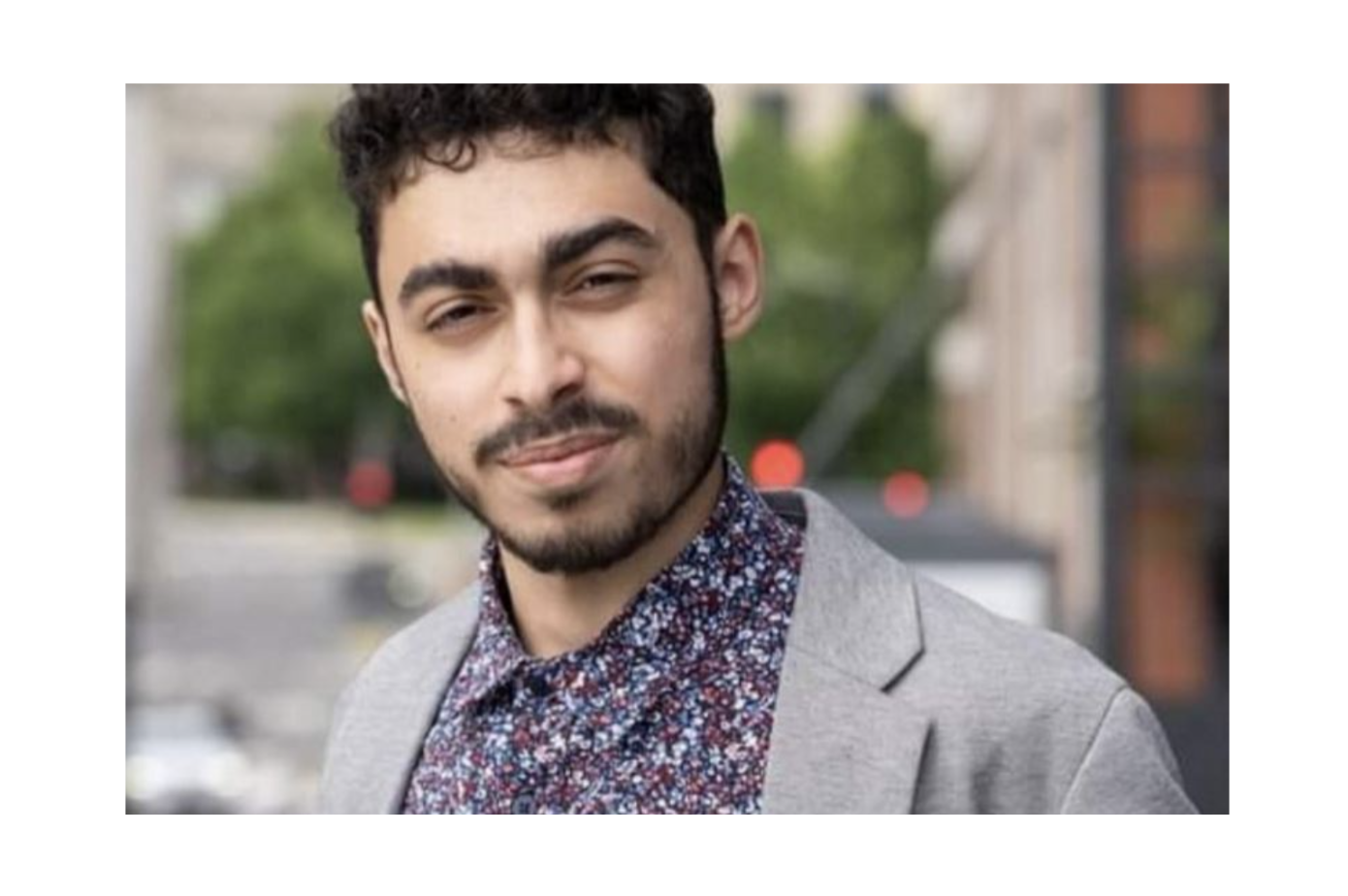
Jon-Gabriel Salguero ('27), a student in the College of Arts and Sciences, conducted research on glycosylation in the context of disease under the mentorship of Dr. Andrew Edmondson (Department of Pediatrics) through the Penn Undergraduate Research Mentoring Program.
Glycosylation is a unique biological process. In its simplest terms, it's the process of adding sugars (glycans) to proteins. It is easy to think of this process as adding frosting to complete a cake. When I first learned about glycosylation, it was something I had never heard of before. I read articles, studied papers, and funnily enough, spent two hours learning how to pronounce the word "glycosylation." Eventually, my curiosity led me to one important motivator. It just so happens that glycosylation is one of the least studied biological processes, despite occurring in the majority of proteins in our bodies. As I began working with my PI (Principal Investigator), I learned about the diseases that occurred when this process failed and the work became even more meaningful.
Before PURM, I had compartmentalized biology and disease as something distant, as if viewing the world through a window. Working at CHOP opened that window into a world where the science I had come to appreciate in class had real world implications, a world I had always dreamed of making a difference in. While I Iearned about science, I also learned about the creativity that comes with researching in a relatively new field. I learned the importance of trial and error, and in a deep sense, tenacity. Perhaps most importantly, I learned what it takes to answer questions that previously had no answer, for the benefit of patients who may never know my name.
There were challenges along the way. I had never used Excel in my life prior to this summer. Of course I had opened it, and I knew how to insert numbers into columns, but the totality of my data science knowledge was self-taught and on Google Sheets. So, when given a file of data to analyze from my PI pertaining to glycan comparisons, I was nervous. Of course, he took the time to explain the data, as well as the end goal, but he left the means to do so up to me. At the time, I thought being left to my own devices was a way to test my competency, and that I would surely fail. I took to teaching myself Excel, as I did with Sheets -- watching videos, asking questions where confused, and doing plenty of reading. In this way, I became my own teacher, and learned the importance of self-starting. Sure, mistakes were made along the way, but action and a willingness to learn became the tools that allowed me to finish compiling the data to better understand disease.
So what did I learn in the end? Reflecting on the ways an introduction to research has shaped me, I learned to never stop asking questions. I learned practical skills like how to grow cells, run western blots and handle laboratory mice. I learned personal skills like collaboration, communication and most definitely humility. I even learned emotional skills like perseverance, how to be OK with failure, and how to succeed on my own.
Interested in reading more first-hand accounts about undergraduate research? Check out the other experiences featured on our Student News Page and Social Media!